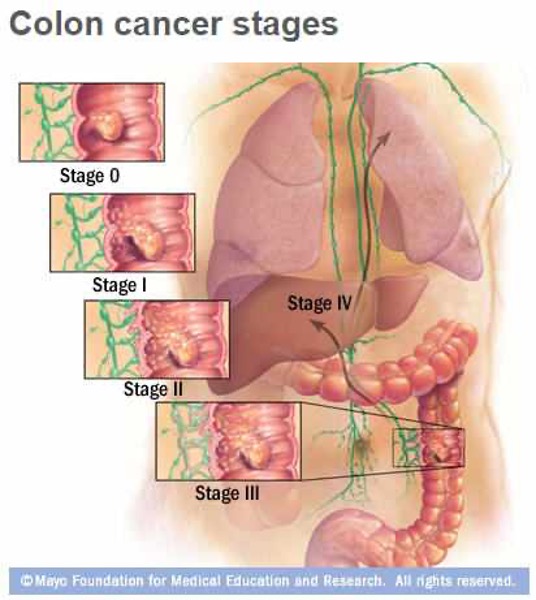This content is courtesy of Mayo Clinic, the No. 1 hospital in the nation according to U.S. News & World Report. Minnesota Oncology is a member of the Mayo Clinic Care Network. This relationship provides us with access to information, knowledge and expertise from Mayo Clinic
More younger adults are being diagnosed with colon cancer — also known as colorectal cancer — and at more advanced stages of the disease, says the American Cancer Society. It's a trend experts have seen over the last decade.
Colon cancer symptoms usually don't appear in early stages of the disease and when they do, they are often at an advanced stage. Dr. Johanna Chan, a Mayo Clinic gastroenterologist, says it's important to recognize colon cancer symptoms and to seek medical attention if you experience them.
The U.S. Preventive Services Task Force and the American Cancer Society recommend patients of average risk start screening for colorectal cancer at age 45.
Read the script.
"Colon cancer is an incredibly common cancer, routinely one of the top five causes of cancer annually. And really anyone is at risk, at any age," says Dr. Chan.
She says that age is more often under 55.
"We are seeing younger patients present with colon cancer. And unfortunately, they also tend to present at a more advanced stage," says Dr. Chan.

Ongoing stomach discomfort and unexplained weight loss can be colon cancer symptoms.
"In fact, a lot of the warning symptoms such as rectal bleeding, anemia, change in bowel habits, these are very common symptoms that happen across all ranges of age groups," Dr. Chan says.
Most young healthy patients with rectal bleeding won't have colon cancer.
"It's still on the possible list of diagnoses. And it's really important that young patients seek care for any of these symptoms that occur," says Dr. Chan.
Many of the colon cancer symptoms may be symptoms of other health issues so it recommended to talk with your health care team to find out the cause of the problem
Alaska Native, American Indian and African Americans have a greater risk of colon cancer than people of other races, says the American Cancer Society.
Factors that may increase your risk of colon cancer include:
- Family history
- Bowel disease
- Diabetes
- Obesity
- Environmental exposures like smoking or heavy alcohol use
Dr. Chan says certain specific factors such as family history may require a more individualized approach for colorectal cancer screening. She encourages patients to talk to their health care team to make sure they are individualizing recommendations for them.





